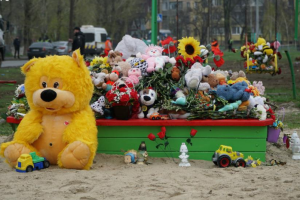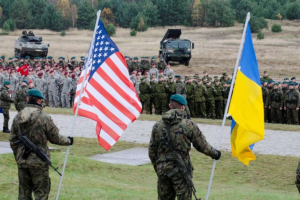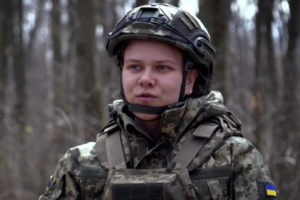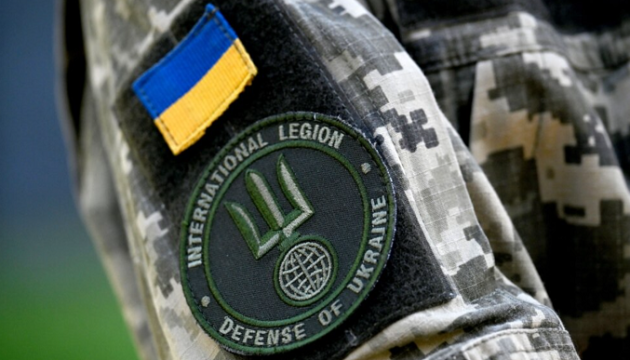
‘5,000 Polish mercenaries’ that exist only in Russian media reports
Since the beginning of Russia’s full-scale invasion of Ukraine, Russian propaganda has been spreading a narrative about foreigners fighting for Ukraine. On Russian Telegram channels, Internet sources and television, they are unceremoniously called mercenaries, but in real life, they are not recognized as prisoners of war and are sentenced to death.
Last week, some Russian media outlets continued to push the narrative about foreign mercenaries in Ukraine, this time claiming that the number of Polish mercenaries on the front line in Zaporizhzhia, according to various estimates, had already reached 5,000.
This statement is another fake.
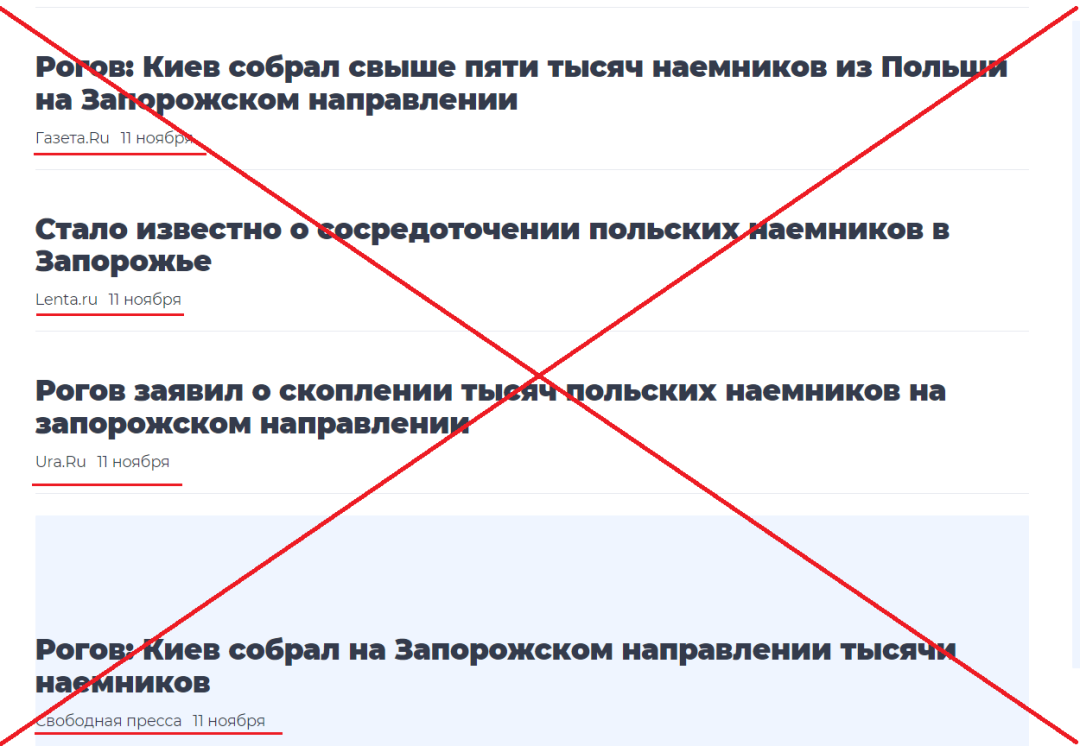
First, a mercenary is a person who pursues a primarily commercial goal. When such mercenaries come to war, they are not combatants, that is, de jure they are not considered as persons taking part in combat operations as part of one or the other side of the armed conflict.
The Ukrainian legislation prohibits the participation of mercenaries in hostilities. In particular, according to paragraph 4 of Article 447 of the Criminal Code of Ukraine, "participation of a mercenary in an armed conflict, military or violent actions is punishable by five to ten years of imprisonment."
At the same time, according to the decree signed by the President of Ukraine in 2016, foreigners can be accepted for military service under contract with the Armed Forces. On the initiative of President Zelensky, a few days after Russia’s full-scale invasion into Ukraine, the formation of the International Legion of Territorial Defence of Ukraine was announced on February 27, 2022, which enabled foreign volunteers, including those with Ukrainian roots, to defend Ukraine.
The purpose of the International Legion is to resist the Russian army during the war. Representatives of the International Legion cannot be considered mercenaries in view of the definition of international law. According to the Geneva Convention, they are considered combatants, that is, persons directly participating in hostilities as part of the armed forces of one of the parties to an international armed conflict.
Secondly, the figure of 5,000 Polish mercenaries in the Zaporizhzhia direction indicated in the reports spread by the Russian media does not correspond to reality and, according to Anton Myronovych, spokesperson for the International Legion, is "nonsense." In a comment to Ukrinform, Anton Myronovych also emphasized that in any direction, the main burden of the war falls on the citizens of Ukraine, whereas the Russians, spreading information about the large number of foreigners on the Ukrainian side, are primarily pursuing the goal of showing that they are not at war with Ukrainians.
Thirdly, the spread of information by Russian media about the stay of Polish mercenaries in Ukraine also raised concerns in Poland. Stanisław Żaryn, Government Plenipotentiary for the Security of Information Space of the Republic of Poland, wrote on Twitter that the Kremlin’s information warfare against Poland are aimed on promoting the message about the alleged mass support of Ukraine by Polish mercenaries.
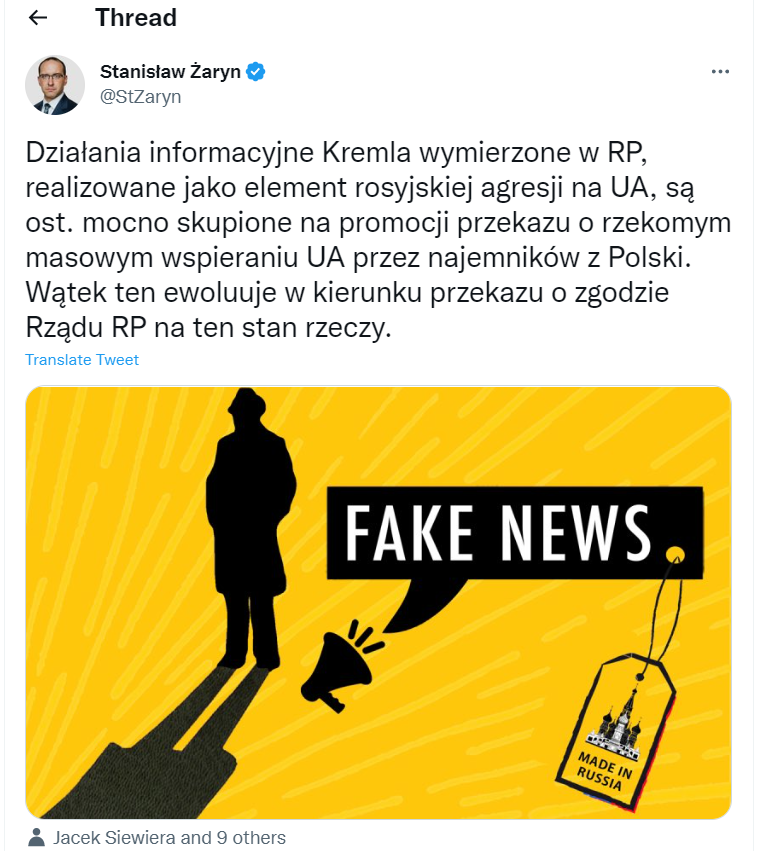
"This narrative is evolving into an even more bogus claim that the Polish government approves of such an involvement of said fighters," said Żaryn.
He also added that Russia is solidifying a disinformation campaign that Polish mercenaries are allegedly occupying Western Ukraine in return for the payment of debts.
Dmytro Badrak

